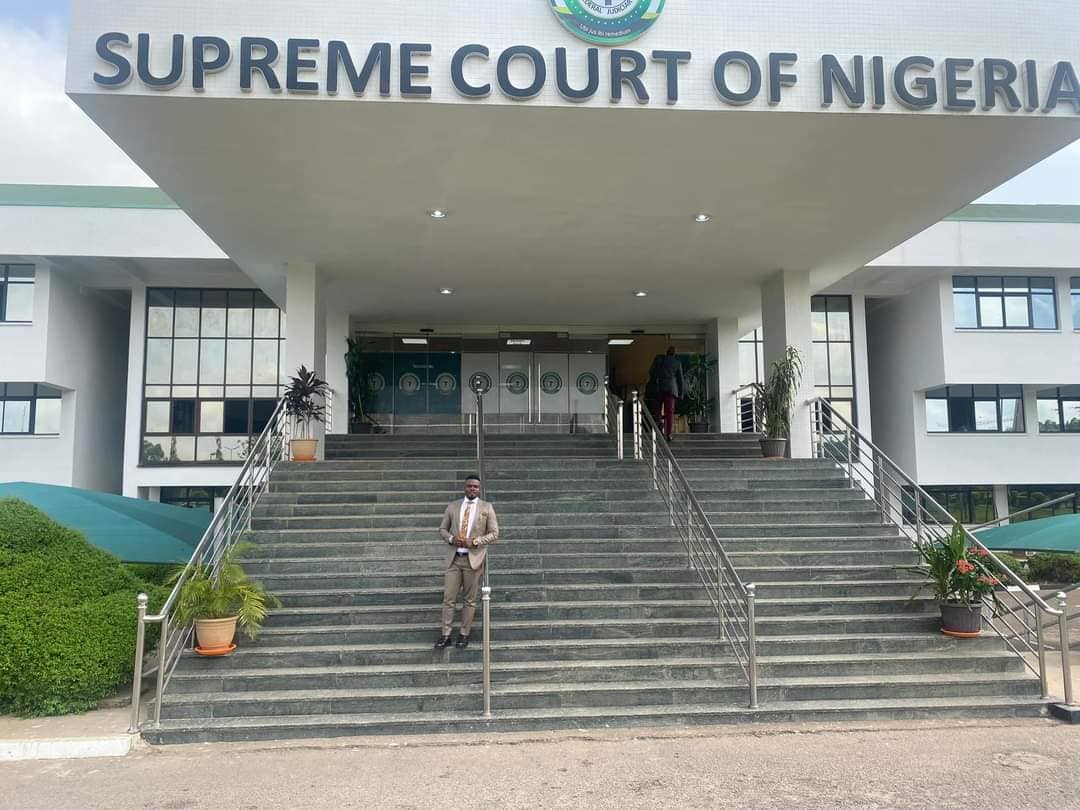The Enugu State Government has proposed a new law to check illegal acts by native doctors and spiritualists. The bill prescribes a ban on money rituals and charms. It also wants to regulate people who claim to offer spiritual services.
Governor Peter Mbah sent the bill titled “Maintenance of Internal Security, Vigilance and Order” to the Enugu State House of Assembly. It seeks to end practices like okite (money rituals) and odeshi (criminal bulletproof charms).
Under the bill, every native doctor, herbalist, or spiritualist must register with a state agency. Failure to register could lead to a fine of ₦1 million to ₦5 million or two years in jail, or both.
Obi Obieze’s Case Raise Bigger Questions
Recently, Lagos police arrested Obi Obieze, a well-known native doctor accused of ritual killings. His arrest shocked many people. But some now fear that cases like Obieze’s may be used as an excuse to limit freedom of worship.
While it’s important to stop crimes disguised as spirituality, not all traditional practices are criminal. Many Nigerians follow ancient traditions for healing and guidance.
This proposed law could harm people who practise their beliefs peacefully. It risks linking spirituality with crime unfairly, and it is absurd to expect spiritual practitioners to submit their practice to forensic investigation as the bill seems to imply.

Some worry this bill may allow the government to police faith, not just crime. Can a person still perform traditional rites without fear of arrest? This is a question the bill does not clearly answer.
Punishment For Fake Powers and Illegal Activities
The bill states that anyone who pretends to have supernatural powers for gain is guilty of an offence. Such persons may face three years in jail or a ₦3 million fine, or both.
If anyone uses charms to protect criminals or promises quick wealth, they may face six years in jail or a ₦5 million fine.
Also, any ritual involving human parts could bring 20 years in jail without the option of a fine.
The bill gives police the right to arrest anyone found in a forest or hideout without a clear reason. It also punishes property owners who let criminals use their land.
Restrictions on Forests, Hotels and Houses
Landlords in Enugu State must now gather tenant information and give it to the government. This includes name, phone number, job, and place of work.
Hotels and guest houses must install surveillance cameras. They must submit activity reports to the authorities.
Failure to follow these rules could lead to fines. Landlords could pay at least ₦500,000. Hotel owners might pay up to ₦1 million.
Private security outfits must register with the state. They must also give full details about their armed guards.
Is This Law A Threat To Religious Liberty?
Many people support laws that fight crime. But others say the bill may go too far. By placing harsh rules on traditional religion, it may trample on rights guaranteed by the Constitution.
“This may open the door for religious persecution,” said one traditional leader who wished to remain unnamed.
The line between crime and belief must be clear. Otherwise, the innocent may suffer.
Obi Obieze’s case is not enough reason to label all native doctors as criminals, or demand that spiritual powers, which impact often evolve through time, be subjected to instant proof. Laws must fight evil, not belief systems.
Rate, Like 👍, Comment, share this article and Follow us on our social media handles.







